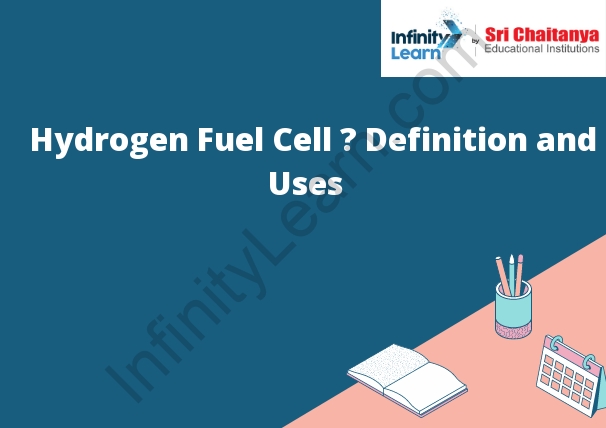Table of Contents
Do You Know What is Hydrogen Fuel Cell? ;
A hydrogen fuel cell is a device that uses hydrogen gas to generate electricity. The hydrogen gas is combined with oxygen from the air to create water vapor and energy. The energy is then used to power a electric motor or other device.

What is Hydrogen Fuel?
Hydrogen fuel is a type of fuel that is made up of hydrogen gas and other fuels. Hydrogen gas is a colorless, odorless, and tasteless gas that is highly flammable. It is the lightest element in the universe and is the most common element in the universe. When hydrogen gas is burned, it releases energy that can be used to power vehicles or other devices.
Hydrogen Fuel Cell
A hydrogen fuel cell generates electricity by combining hydrogen and oxygen gases. The hydrogen gas is stored in a tank and is combined with oxygen from the air to create an electric current. The fuel cell is powered by the electric current and can be used to power a vehicle or to provide electricity for a building.
Hydrogen Fuel Production
There are a number of ways to produce hydrogen fuel, but all require energy. The most common way to produce hydrogen fuel is through the electrolysis of water. Electrolysis of water is the process of splitting water molecules into hydrogen and oxygen gases using electricity.
Other methods of hydrogen production include:
– Natural gas reforming
– Biogas reforming
– Steam methane reforming
– Electrolysis of brine
Uses of Hydrogen Fuel Cells
Hydrogen fuel cells have a variety of uses, both stationary and mobile.
Stationary fuel cells can provide power to buildings and are often used as backup power sources in the event of a power outage.
Mobile fuel cells can provide power to electric vehicles and buses.
Hydrogen Economy
The hydrogen economy is a proposed system in which hydrogen is used as a primary fuel source. The hydrogen economy would involve the use of hydrogen to power cars, trucks, trains, and other vehicles, as well as to generate electricity. The hydrogen economy is seen as a potential replacement for the current oil-based economy.
Hydrogen Fuel: Advantages and Disadvantages
Advantages:
1. Hydrogen fuel is a clean-burning fuel that produces no harmful emissions when used in a fuel cell vehicle.
2. Hydrogen fuel can be produced from a variety of sources, including renewable sources like wind and solar power, making it a sustainable fuel source.
3. Hydrogen fuel cells are more efficient than gasoline engines, and they can also be used to generate electricity.
4. Fuel cells emit no pollutants, making them a more environmentally friendly option than traditional gasoline-powered vehicles.
5. Hydrogen fuel cells are quiet and produce no vibrations, making them a more pleasant driving experience than traditional combustion engines.
6. Hydrogen fuel cells have a longer lifespan than traditional combustion engines, and they require less maintenance.
7. Fuel cell vehicles can be plugged into the grid to recharge, just like electric vehicles.
Disadvantages:
1. Hydrogen is a highly flammable gas, and can be explosive in high concentrations.
2. Hydrogen fuel cells are more expensive to produce than traditional combustion engines.
3. Hydrogen is not as widely available as gasoline, and there are few hydrogen fuelling stations currently in operation.
4. Hydrogen fuel cells can take longer to refuel than traditional combustion engines.
5. Fuel cell vehicles require a specific type of hydrogen fuel that is not always easy to find.








